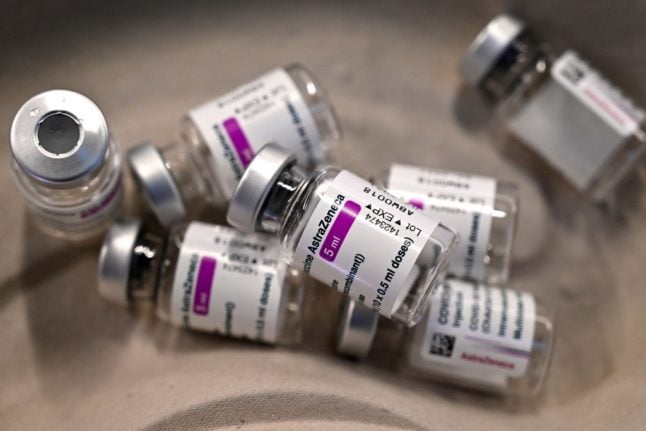Cholet, 55, denies the charges in what was one of the most shocking murder cases in France in recent years. He faces spending the rest of his life in prison if convicted in a trial scheduled to run until September 14th.
Zetterberg, a 19-year-old from Stockholm who was studying French and working part-time in a cafe in the French capital, was last seen leaving a
nightclub at around 4.45am on Saturday April 19th 2008.
Her partly burnt body was discovered in the Chantilly forest, about 50 kilometres (30 miles) north of Paris later the same day.
She had been shot at least four times in the head, and had her hands tied behind her back with a brand of handcuffs sold in sex shops.
The state of her body made it impossible to establish if she had suffered a sexual assault.
Zetterberg also had a bruise on her forehead, which prosecutors allege was the result of a blow inflicted by Cholet to force her to give him the PIN
codes for her bank cards.
The blonde student had spent the latter part of the night at La Scala nightclub near the Louvre museum in central Paris.
She decided to leave before her friends and her last contact with them was a mobile phone call to one of them in which she said she was on her way home in a "strange" taxi.
Investigators established that her bank cards had been used to make withdrawals of €100 and €200 from two different cash machines between 6 and 7am.
One of the ATMs was surveyed by a security camera which recorded a stocky man of similar build to Cholet making the withdrawal. The man was wearing glasses and his face was partly covered by a scarf.
Cholet was arrested six days after the murder, police having been led to him after going through files on unlicensed taxi drivers.
As well as having been charged five times for operating an illegal cab, the accused had a string of serious convictions, including three for rape and one for armed robbery.
In 1978 he was sentenced to six years in prison for a rape committed two years earlier, when he was 19. In 1989, he was given an 18-year sentence for two rapes — one of a 15-year-old — and the kidnapping of a minor.
According to the prosecution case, a pistol, bullets, rubber gloves and handcuffs were found in Cholet's car shortly after his arrest. DNA traces from both Zetterberg and Cholet were found on the pistol.
Police also reported the discovery in the car of a plastic bag with the victim's name written incorrectly as "Susana 377" on it in felt pen.
The prosecution will also present evidence from another young woman who had been picked up by the unlicensed taxi driver a week before the murder and believes she narrowly escaped abduction by jumping out of the car.
Cholet maintains he had nothing to do with Zetterberg's murder and has accused the police of fabricating the evidence against him.


 Please whitelist us to continue reading.
Please whitelist us to continue reading.
Member comments